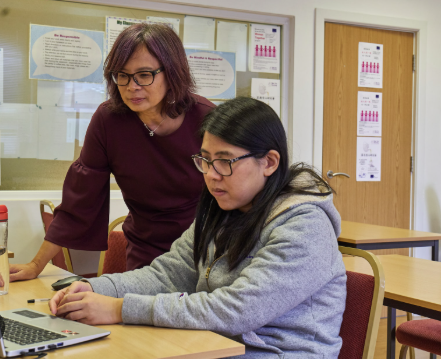Reading books in a new language is one of the most rewarding and effective ways to build vocabulary, improve grammar, and develop a deeper cultural understanding. Whether you’re a beginner or an advanced learner, books offer a structured yet immersive way to engage with the language naturally and enjoyably. Here’s how to make reading a powerful tool in your language learning journey.
1. Start with the Right Level
Choosing books appropriate for your skill level is essential. Beginners can start with children’s books or graded readers, which use simple vocabulary and sentence structures. Intermediate learners may enjoy young adult fiction, while advanced readers can explore novels, essays, or classic literature.
2. Use Bilingual Editions or Parallel Texts
Bilingual books present both the original language and your native language side by side, helping you compare and understand new expressions. These editions are especially helpful for beginners who may need extra context.
3. Highlight and Take Notes
As you read, mark unfamiliar words or phrases. Keep a notebook or digital list of new vocabulary, and write example sentences to reinforce meaning. Repetition through writing and review supports long-term retention.
4. Read Aloud for Fluency
Reading aloud helps improve pronunciation, rhythm, and speech confidence. It also makes you more aware of sentence structure and grammar. This technique is particularly effective for auditory learners.
5. Choose Books That Match Your Interests
Engagement is key to motivation. Pick genres or topics you enjoy—mystery, romance, history, or self-help—to keep the experience enjoyable and personal. The more you enjoy what you’re reading, the more likely you are to stick with it.
6. Set Manageable Goals
Set small, achievable goals such as reading one chapter a day or learning ten new words per week. Consistency builds momentum and helps track your progress over time.
7. Supplement with Audio
If available, listen to the audiobook version while reading. This dual input strengthens listening skills and reinforces pronunciation, especially for difficult words or phrases.
Conclusion
Learning a language through reading opens doors to new words, cultures, and ways of thinking. Books offer a quiet, focused method of study that complements speaking and listening practice. With the right strategy and consistent effort, reading can transform your language skills and turn learning into a lifelong habit of discovery and growth.














